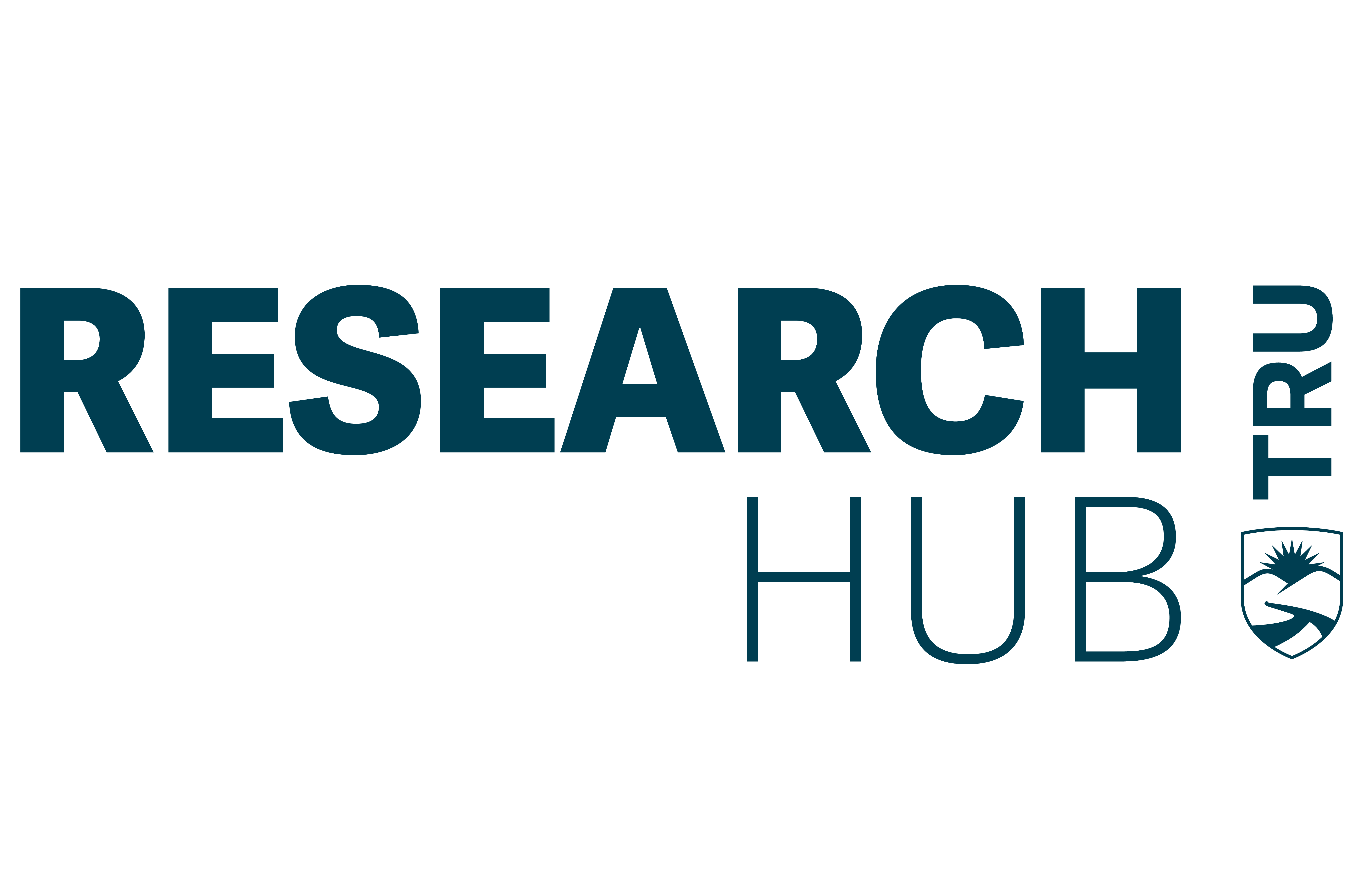Literature Review Essentials
This module is here to guide you through the Literature Review process and equip you with the skills needed to analyze, synthesize, and present information effectively to support your research. The module is divided into four interconnected sections, each building upon the previous one to help you grow and refine your abilities in conducting a Literature Review.
Course Features
What you’ll learn
Parts of this module is an adaptation of the following open education resource:
Educational research: Abridged [https://educationalresearch.pressbooks.tru.ca/], by Alana Hoare is adapted from Graduate research methods in Education (Leadership) by Dan Laitsch, used under CC-BY-NC-SA 4.0.
Learn the Art of Academic Research
Gain the skills to navigate, evaluate, and synthesize scholarly literature, ensuring your research is grounded in credible and relevant sources.
Build a Strong Foundation for Your Literature Review
Learn how to effectively identify key themes, trends, and gaps in the literature, positioning your work at the forefront of academic conversations.
Boost Your Research
Confidence
Through interactive activities, this module equips you with the tools and strategies to conduct thorough, impactful literature reviews that stand out.
Here’s What’s Covered
Explore These Resources to Enhance Your Research Skills
Stay Updated!
Stay in the loop with the latest news, resources, and updates from the Research Hub. Get alerts for new module releases straight to your inbox.

